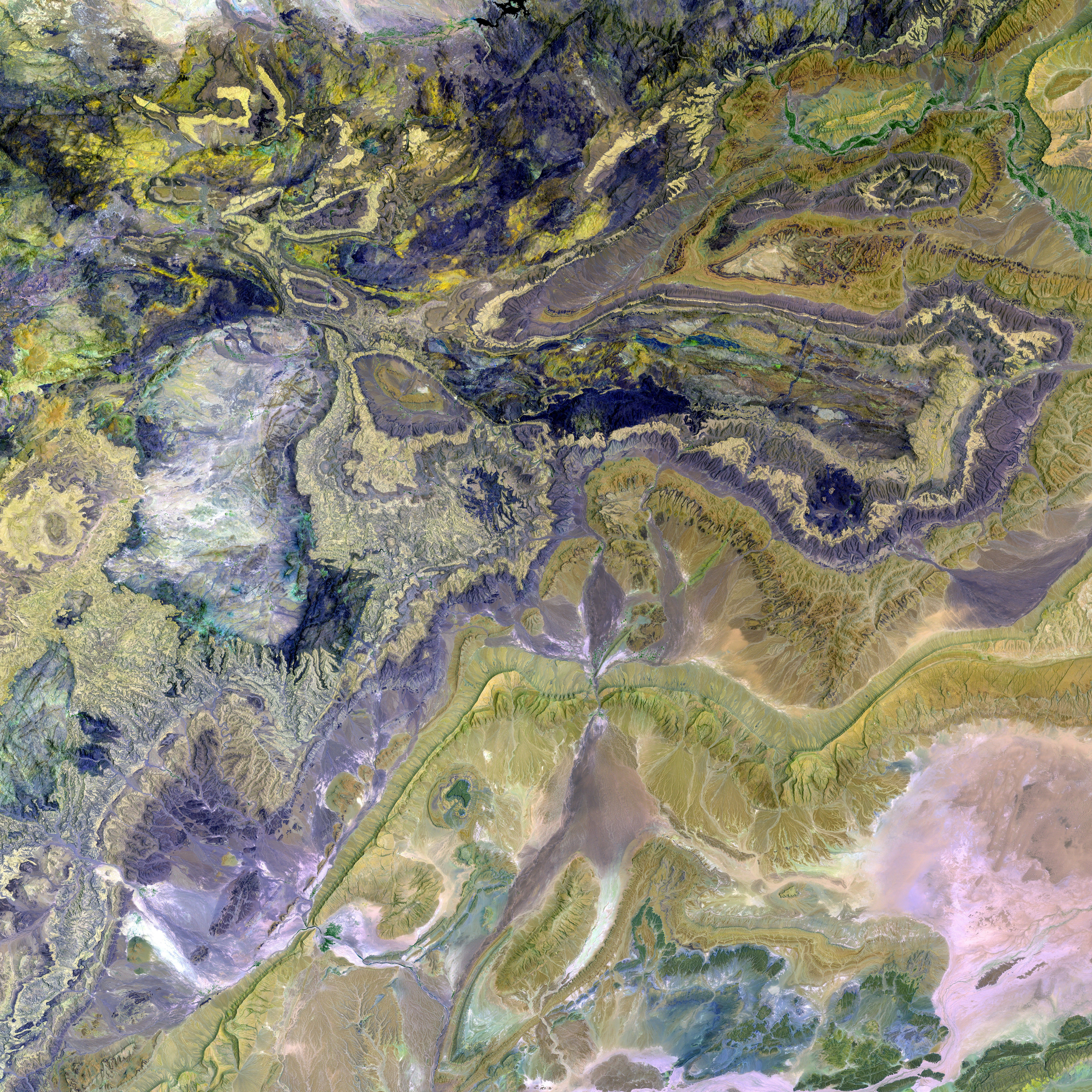U.S. to Initiate Revocation of Visas for Chinese Students, Announces Secretary of State Marco Rubio
United States to Enhance Social Media Vetting for International Students Seeking Visas
The United States State Department is set to implement stricter measures for the vetting of student visa applications, focusing on examining applicants' social media activity. This decision is part of an effort to enhance national security and address concerns related to terrorism and antisemitism.
Secretary of State Marco Rubio announced the planned changes on Wednesday, indicating that the department is preparing guidelines for increased scrutiny of applicants' social media activity. This includes revoking visas for some Chinese students, specifically those with connections to the Chinese Communist Party or studying in critical fields[1].
As part of this broader effort, U.S. embassies have temporarily halted scheduling new student visa interviews, with the suspension likely impacting universities that rely on international students[2]. The State Department is expected to issue further guidance on the expanded vetting in the near future[3].
For now, diplomatic posts have been instructed not to schedule additional student or exchange visitor visa appointments, though students with already scheduled interviews are still permitted to attend them[2].
The exact details of what the social media vetting will screen for are not yet clear. However, the broadened checks could potentially slow down the visa processing, further adding to the uncertainty and potential stress for international students planning to study in the U.S.
Insights from experts suggest that the new policy may deter some students from choosing the United States as their destination for higher education, potentially undermining its reputation for cultural exchange[4]. This concern is further exacerbated by the recent move to block Harvard University from enrolling new international students, a decision that has been put on hold by a federal judge pending a lawsuit[1].
The pause in visa appointments affects three primary categories of visas that cover university students, high school exchange students, and boarding school students[5]. The largest category, F-1 visas, covers students who are enrolling at full-time accredited schools. Students participating in exchange programs enter on J-1 visas, while those enrolling in vocational or non-academic programs enter on M-1 visas.
The Trump administration's moves to intensify vetting and scrutiny of international students have caused unease within the international student community. A student at the University of Wisconsin-Madison canceled a trip home to Vietnam this summer due to concerns about his legal status[6]. Another student from the university, who spoke under the condition of anonymity, voiced fears about being targeted[6].
Sources:[1] Sonali Sharma, "(Headline omitted)," DNA India, 29 May 2025, (URL omitted)[2] Associated Press, "US suspends student and exchange visa interviews," ABC News, 29 May 2025, (URL omitted)[3] "State Department implementing increased vetting of student visa applications," US Department of State, 29 May 2025, (URL omitted)[4] "US plans more in-depth reviews of visa applicants' social media," Al Jazeera, 29 May 2025, (URL omitted)[5] "International students see new reason for caution," CBS News, 29 May 2025, (URL omitted)[6] "Pause on Visa Appointments Fosters Anxiety Among International Students," The Wisconsin State Journal, 29 May 2025, (URL omitted)
Tags: Marco Rubio, Trump, state department, Harvard University, Chinese Communist Party, international students in US.
- The increased scrutiny of student visa applications by the United States State Department may extend to Bollywood celebrities, cricketers, and other prominent figures, given the focus on social media vetting.
- This policy-and-legislation change might also impact India, as it could potentially discourage students from pursuing education-and-self-development opportunities in the United States, leading to a decline in personal-growth and cultural exchange between the two nations.
- In the wake of the stricter visa policies, there are concerns that war-and-conflicts reporting on social media platforms might be subjected to closer examination, potentially influencing how general-news is interpreted by American authorities.
- Additionally, the expansion of social media vetting might have implications for crime-and-justice cases, as legal disputes often involve evidence presented on these platforms.
- Learning opportunities for individuals interested in diplomacy, politics, and foreign policy might benefit from examining the policy-and-legislation decisions surrounding the enhanced student visa vetting, as it offers insights into the current administration's approach to international relations.
- As the policy unfolds, leading authorities on crime-and-justice, war-and-conflicts, and general-news might offer thoughtful commentary and analysis, contributing to the overall understanding of this policy and its potential effects on informed discourse and democracy within the United States.







